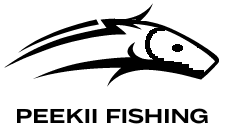Table of Contents
Introduction:
Exploring the longevity of fishing line is crucial for anglers seeking optimal performance. Does fishing line expire?This guide delves into the factors influencing fishing line lifespan and offers practical tips for preservation.
Factors Affecting Fishing Line Longevity:
Type of Fishing Line:
Different types of fishing line, such as braided, monofilament, and fluorocarbon, exhibit varying degrees of durability. Understanding the characteristics of each type is essential for assessing their lifespan.
Environmental Exposure:
Exposure to elements like UV light, heat, and moisture can accelerate the degradation of fishing line. Proper storage in a cool, dark environment can mitigate these effects and prolong line lifespan.
Mechanical Stress:
Factors such as repeated casting, drag pressure, and abrasion from underwater obstacles contribute to mechanical wear on fishing line. Regular inspection and maintenance help prevent premature failure.
Quality and Maintenance:
High-quality fishing line, coupled with routine care and maintenance, can extend its lifespan. This includes inspecting for signs of damage, cleaning after use, and respooling when necessary.
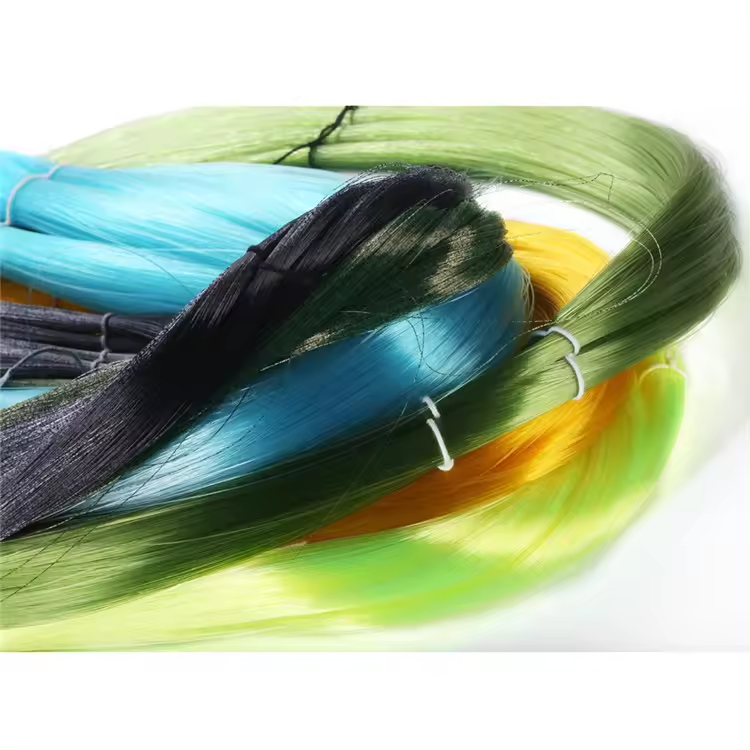
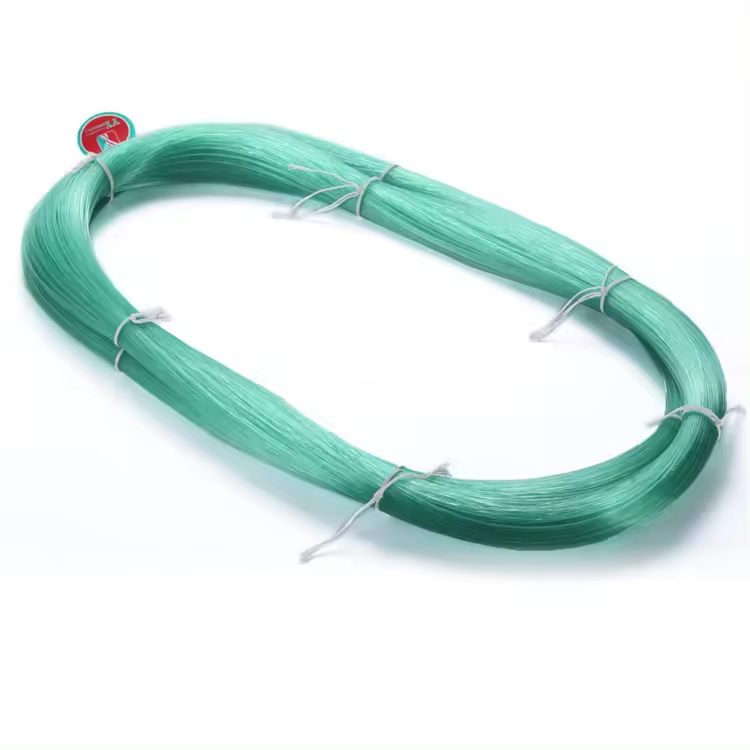
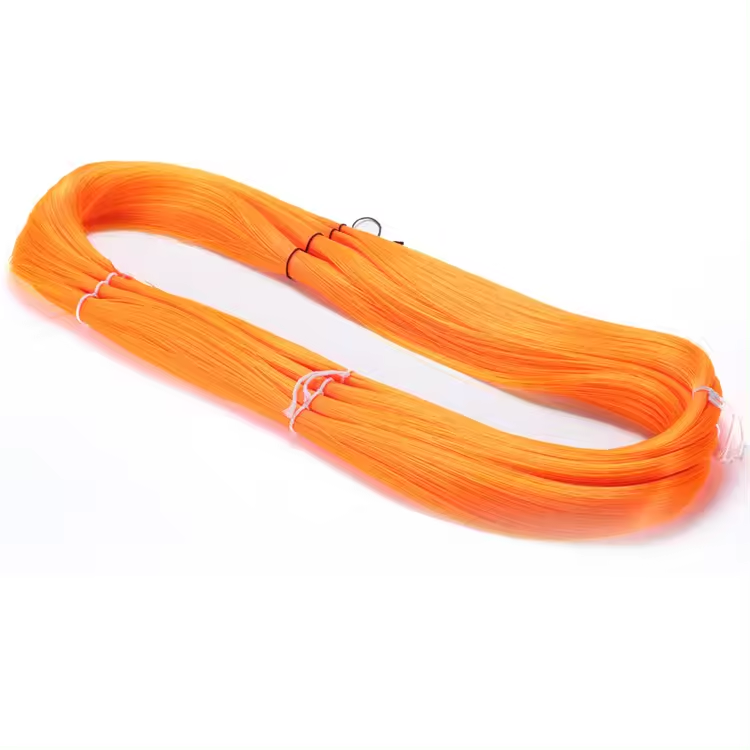
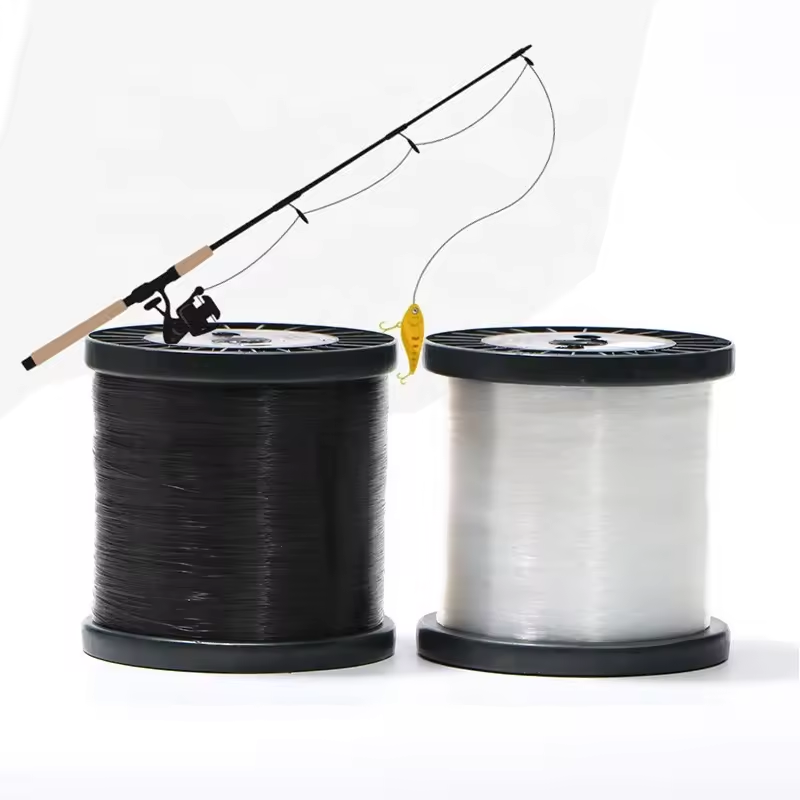
Does Fishing Line Expire in Storage?
Fishing line stored in optimal conditions can retain its integrity for an extended period. However, monofilament and fluorocarbon lines are more susceptible to degradation over time, especially when exposed to UV light. Regularly inspect stored fishing line for signs of deterioration and replace as needed to ensure reliability on the water.
Does Fishing Line Expire on the Reel?
While fishing line can degrade over time, its lifespan is influenced by various factors, including usage frequency, mechanical stress, and environmental conditions. Regularly inspecting the line on the reel and replacing it when signs of wear or damage are detected is essential for maintaining peak performance and preventing line failure during fishing trips.
How to Assess Fishing Line Condition:
Visual Inspection:
Look for signs of fraying, discoloration, or abrasions along the length of the fishing line. These indicate potential weaknesses that could lead to breakage.
Tactile Examination:
Run your fingers along the line to feel for any rough spots or irregularities. Smooth, uniform texture indicates good condition, while roughness may signal damage.
Practical Testing:
Tie a secure knot and apply gentle pressure to test the line’s strength and elasticity. Any signs of weakness or stretching beyond its rated capacity indicate the need for replacement.
Tips for Extending Fishing Line Lifespan:
Proper Storage:
Store fishing line in a cool, dark place away from direct sunlight and extreme temperatures to minimize UV exposure and heat damage.
Regular Maintenance:
Clean fishing line after each use to remove dirt, salt, and debris that can weaken the line over time. Inspect for damage and respool when necessary to ensure optimal performance.
Quality Assurance:
Invest in high-quality fishing line from reputable brands known for durability and reliability. Cheap or expired line may compromise fishing success and pose safety risks.
Conclusion:
Understanding the factors influencing fishing line longevity is essential for anglers seeking consistent performance on the water. By implementing proper storage, maintenance, and quality assurance practices, anglers can maximize the lifespan of their fishing line and enjoy successful fishing adventures for years to come.
We are a Chinese fishing tackle manufacturer with 18 years of experience, we are able to meet any of your fishing and tackle sourcing and customization needs, please feel free to contact us! Please submit the form and our team will contact you shortly!
